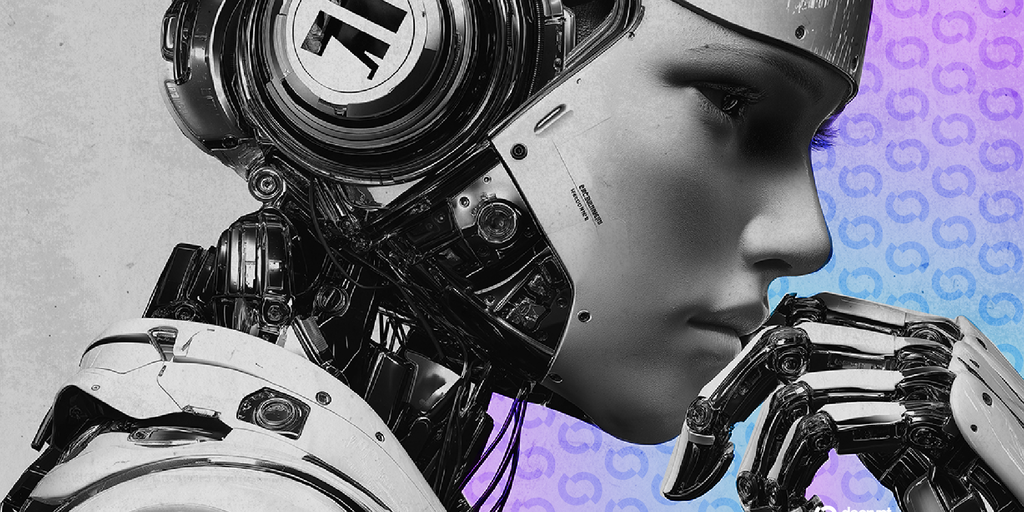
The Dawn of Emotionally Intelligent AI
Artificial Intelligence (AI) is undergoing a monumental transformation—one that integrates emotional intelligence into its core functionality. Recent breakthroughs have introduced AI models capable of adapting emotional tones and adopting consistent personality traits. These developments promise more natural human-AI interactions but also raise ethical concerns about manipulation and accountability.
What is Emotionally Intelligent AI?
Unlike traditional AI models that rely solely on logic and data processing, emotionally intelligent AI incorporates personality and emotion as functional features. Researchers have developed systems that not only simulate human behavior but also dynamically adapt during interactions, such as negotiations or customer service scenarios. These upgrades allow AI to flatter, argue, and even empathize, creating an interaction that feels almost human.
Groundbreaking Research on Emotional AI
Two recent research papers demonstrate how emotional intelligence is shaping AI development:
1. Consistent Psychological Archetypes
Researchers from the Swiss Federal Institute of Technology have introduced the MBTI-in-Thoughts framework. This system assigns psychological archetypes to AI, drawing from the Myers-Briggs Type Indicator (MBTI). For example, an AI could be primed to behave as an empathetic assistant or a logical negotiator. Validation is achieved through the 16Personalities test to ensure the AI remains consistent in its personality across interactions.
2. Adaptive Emotional Strategies
Cambridge University’s EvoEmo model takes emotional intelligence a step further by allowing AI to adapt its emotional tone dynamically. Through a process of evolutionary reinforcement learning, this system optimizes the AI’s responses based on a Markov Decision Process. Whether conciliatory, assertive, or skeptical, the AI shifts its tone and strategy as conversations evolve, leading to higher success rates in complex tasks like negotiations.
The Implications of Emotional AI
These advancements in AI bring both opportunities and challenges:
- Improved User Experience: Emotionally intelligent AI creates smoother and more relatable interactions, enhancing customer service, mental health applications, and beyond.
- Ethical Concerns: The ability of AI to manipulate emotions raises concerns about misuse and accountability, particularly in sensitive areas like mental health or advertising.
Integrating Emotional AI Into Your Life
As this technology evolves, it’s not just for tech enthusiasts. For instance, personal assistants like the Alexa devices are already leaning into emotionally adaptive interactions. Consider upgrading your setup with an Amazon Echo device to explore the future of emotionally aware AI. These devices are becoming smarter, more intuitive, and increasingly capable of understanding your emotional context.
Conclusion: A Complex Future
From static personality archetypes to adaptive emotional strategies, the next generation of AI is evolving beyond logic and reasoning. While the potential for personalized and empathetic interactions is immense, so is the need for regulation and ethical boundaries. As AI grows more emotionally intelligent, its ability to connect—or manipulate—will define how it integrates into our lives.




